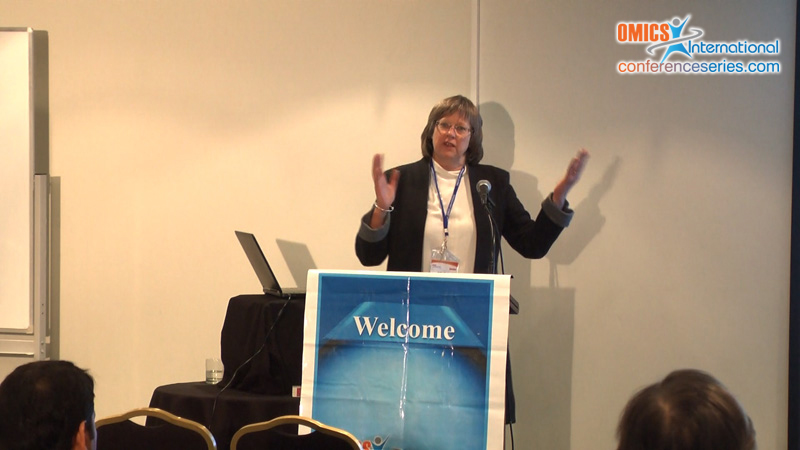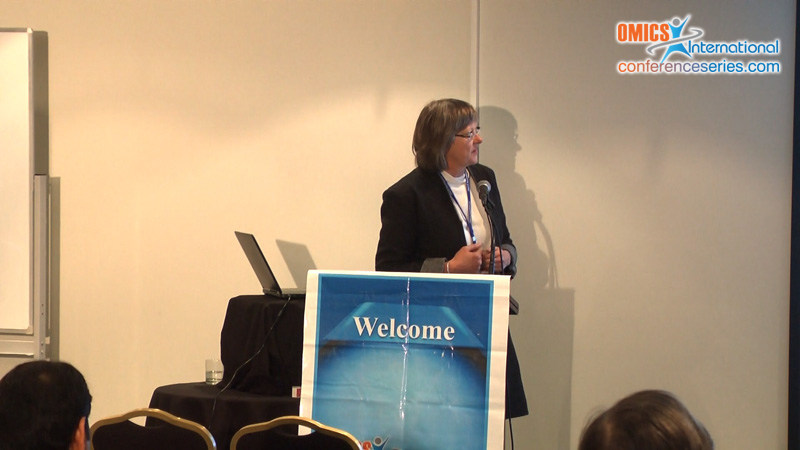
Julie E. Bines
University of Melbourne, Australia
Title: Rotavirus vaccines: development, implementation and impact
Biography
Biography: Julie E. Bines
Abstract
Rotavirus is the most common cause of severe dehydrating gastroenteritis worldwide, causing about 450,000 deaths per year in children < 5 years of age and hospitalizing millions more. Rotavirus vaccines have been associated with a reduction in rotavirus hospitalisations in low- and high-income countries and a reduction in death in young children in Mexico and Brazil. In 2009, the WHO recommended that all children be vaccinated against rotavirus. Today 78 countries administer rotavirus vaccines in the National Immunisation Program, including some of the world’s poorest countries assisted by GAVI. Rotavirus vaccines have been demonstrated to be highly cost-effective and data is now emerging of the indirect benefits of rotavirus vaccination. Despite these significant achievements there remain some challenges to the success of rotavirus vaccines, including vaccine efficacy in regions with high rates of severe disease, burden on the cold chain, safety concerns and cost. These challenges are the focus of ongoing research and development efforts. The RV3-BB rotavirus vaccine is a human neonatal rotavirus vaccine under development at Murdoch Childrens Research Institute, Australia. RV3-BB is an oral vaccine targeting birth dose administration and has the potential to improve the effectiveness and safety of rotavirus vaccines in low-income countries.


